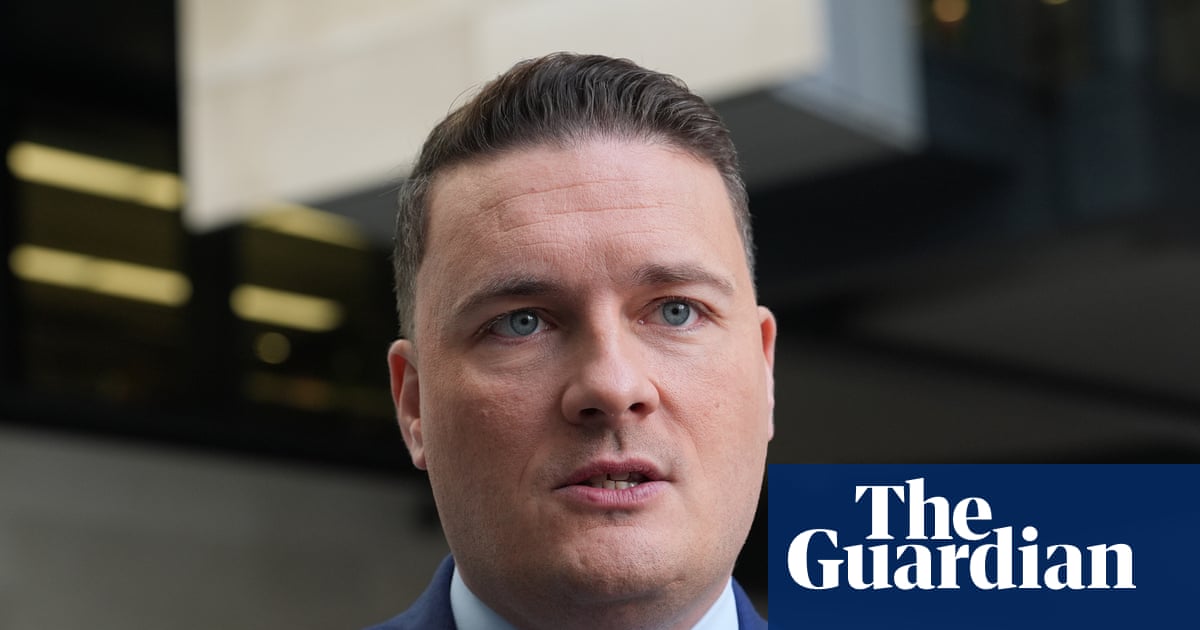Secondary school pupils in England are to be taught about “incel” culture and the links between pornography and misogyny as part of long-awaited statutory government guidance due to be published on Tuesday.
It will include a new focus on positive role models for boys and challenge “myths about women and relationships that are spread online in the ‘manosphere’”, but will warn schools against “stigmatising boys for being boys”.
The updated guidance comes hard on the heels of the Netflix drama Adolescence, which triggered a national outcry from parents, educators and policymakers with its portrayal of a 13-year-old boy who is arrested for the murder of a female classmate.
It also coincides with new data to be published by the Department for Education (DfE), which it says shows misogynistic attitudes at secondary school are at an “epidemic scale”.
According to the DfE, more than half of pupils (54%) aged 11-19 who took part in the survey said they had heard comments they would describe as misogynistic in the last week alone, while more than a third (37%) had heard comments that made them concerned about the safety of girls.
The education secretary, Bridget Phillipson, said: “Children today are bombarded by content – whether it’s Instagram influencers with impossible expectations for how we should look, or algorithms that trap young people in a vortex of vices from gambling to drugs.
“Our new relationships, sex and health education (RSHE) curriculum will equip kids to develop positive attitudes from the get-go, building their resilience to harmful content in an age-appropriate way, right from the start of school.”
The updated guidance is also aimed at supporting children to take on challenge and risk, teaching them the importance of “grit and resilience”. Secondary schools will be required to seek expert advice from mental health professionals on how to discuss suicide prevention in an age-appropriate way.
“With mental health, just like physical health, prevention is so much more powerful than the cure,” Phillipson said.
“So we’re going further in making sure that once children are old enough to understand issues around self-harm and suicide in secondary school, they get the tools to distinguish fact from fiction, and reject the vile content that trades in encouraging young kids to harm themselves or worse.”
The new guidance will also confirm earlier commitments that parents should be able to view all RSHE curriculum materials on request, and clarify that schools should not agree to any contractual restrictions on showing parents content.
In 2020, relationships and sex education was made compulsory for all secondary school pupils in England, while health education was made compulsory for all pupils in state-funded schools.
after newsletter promotion
A review brought forward by the Conservatives last year proposed age limits on “sensitive” subjects which Labour has been under pressure to ditch since coming to power. The Tories had intended that children under nine should be prevented from receiving sex education.
While the new guidance will continue to stress age-appropriate teaching, differentiating between primary and secondary, topics will not be proscribed for specific ages, allowing teachers to respond appropriately to issues their pupils raise.
Margaret Mulholland, the special needs and inclusion specialist at the Association of School and College Leaders, said: “Sadly, boys are often exposed to harmful and toxic misogynistic content online, which can impact on their behaviour in the real world. The focus of this updated guidance on tackling these issues is timely and welcome.
“It is important that we don’t simply tell boys what is wrong but that we also talk to them about positive male role models – and we are pleased that this is recognised in the guidance.”

 3 months ago
123
3 months ago
123

















































